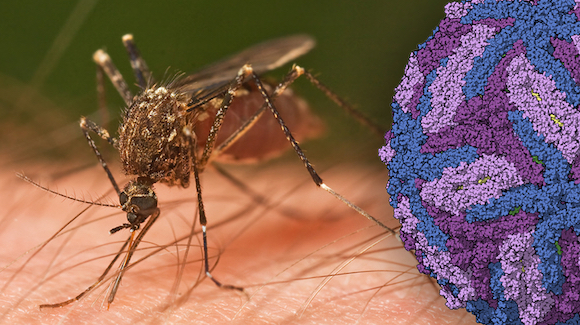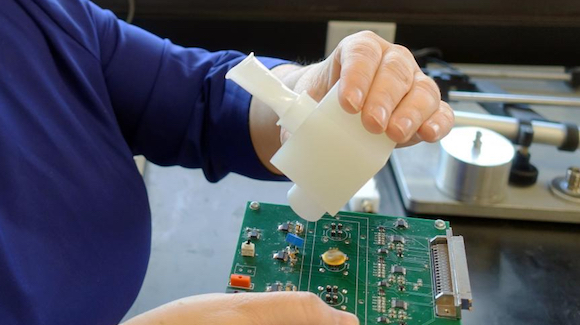Early use key to oseltamivir benefit in young children with flu
Reuters Health • The Doctor's Channel Daily Newscast
As the researchers note in the October 15 issue of Clinical Infectious Diseases available online September 3rd, the benefits of oseltamivir for treating flu in children when is limited when it’s started within 48 hours of symptom onset. Its effectiveness “could be substantially greater if the treatment were started earlier during the course of the illness.”
To check that out, Dr. Terho Heikkinen of Turku University Hospital and colleagues conducted a randomized, placebo-controlled trial over two flu seasons.
Recruitment began before the start of the seasons; once influenza viruses started to circulate, “a study clinic was opened, and the parents were asked to bring the child to the clinic whenever the child had fever or signs of respiratory infection.”
To be eligible for the study, the children had to have a fever for less than 24 hours, at least one relevant symptom or a positive rapid influenza test.
Among 408 children randomized to receive oseltamivir or placebo, the median time to resolution of illness was 4.3 vs 5.7 days, respectively (p=0.004), the investigators report.
There was a reduction in the occurrence of acute otitis media with oseltamivir, but only if treatment started within 12 hours of symptom onset.
Parent also benefitted. Those with children given oseltamivir missed no days of work whereas parents of children in the placebo group took off a median of 2 days.
Influenza A was confirmed in 79 cases and influenza B in 19. Dr. Heikkinen and colleagues found that the benefit of oseltamivir was confined to type A cases. For example, the time to resolution in these cases was 3.0 days with active treatment compared with 6.5 days on placebo.
The team acknowledges that the logistics of treating children early in the course of influenza can be difficult. “Despite any practical problems, however, the great benefits afforded by early administration of oseltamivir in young children clearly justify the efforts to overcome the hurdles,” they conclude.
Reference:
Early Oseltamivir Treatment of Influenza in Children 1–3 Years of Age: A Randomized Controlled Trial
Clin Infect Dis 2010;51.






